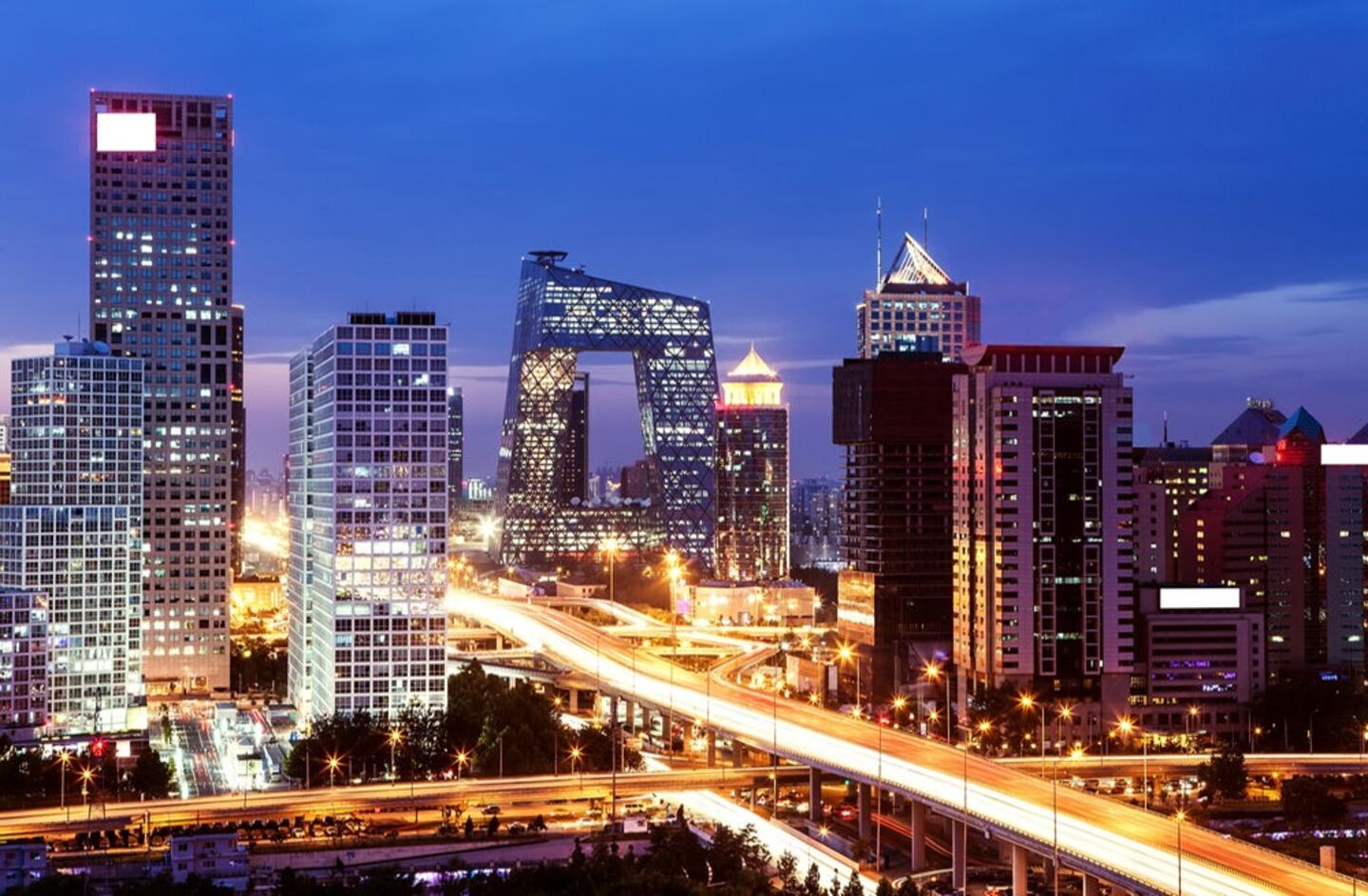
The Business of Fashion
Agenda-setting intelligence, analysis and advice for the global fashion community.

Agenda-setting intelligence, analysis and advice for the global fashion community.

BEIJING, China — China's consumers led the economy to a surprisingly strong performance as the expansion accelerated for a second-straight quarter. Alternative indicators confirm momentum gained in March, even as the picture wasn't as bright in movie theatres and auto showrooms.
Spending at luxury hotels and restaurants picked up and online sales climbed last month, according to data from the nation’s dominant bank card network and No. 2 e-commerce platform JD.com Inc. Box office activity stalled and car sales decreased in the first quarter.
Consumers are helping break the economy's reliance on investment-led growth, as buying by private shoppers and the government accounted for 77.2 percent of first-quarter expansion. Shoppers are also upgrading to pricier brands from Club Med trips to Tiffany & Co. jewellery.
"There’s an upgrade in consumption patterns: more luxurious goods and services," said Shen Jianguang, chief Asia economist at Mizuho Securities Asia Ltd. in Hong Kong. Resilient income growth and the wealth effect of the housing boom have aided consumption, he said.
ADVERTISEMENT
Still, one gauge released Monday showed retail sales face challenges. Growth of median per-capita disposable income slowed to 6.7 percent in the first quarter, down from 8.3 percent last year and slower than GDP expansion for the first time since the National Bureau of Statistics began releasing the gauge in March 2014.
There's an upgrade in consumption patterns: more luxurious goods and services.
Increasingly wealthy consumers are checking in to luxury hotels, while real estate purchases have been weighed down slightly by recent measures to cool property markets, according to data from China UnionPay Co., operator the largest bank card network.
Other tracking by the card network, which can handle hundreds of millions of swipes per week for everything from home down payments to bar tabs, shows restaurant spending edged up from a post-Lunar New Year low in February, though it still hasn’t fully recovered to the giddy levels before President Xi Jinping’s anti-corruption campaign.
Another victim of that crusade, Guizhou-based distiller Kweichow Moutai Co., is recovering as top-shelf brands in the $115 billion baijiu industry appeal more to a growing middle class. The world’s most valuable liquor distiller said Friday that revenue rose 19 percent last year and that it aims to boost sales by more than 15 percent this year as consumers trade up.
Online consumption picked up from February as retailers and delivery workers returned from holidays, according to JD Finance, a unit of e-commerce platform JD.com. Data show the top items are cosmetics and personal care products as well as sports and outdoor goods.
Emma Watson and Hugh Jackman didn't lure as many movie-goers as some domestic blockbusters during the Chinese New Year, according to Beijing-based entertainment researcher EntGroup Inc. First quarter box office revenue was little changed from the same period last year, compared with a 3.7 percent gain in 2016 and a 49 percent jump in 2015.
Still, lukewarm sales may get a boost this month from “The Fate of the Furious,” which is on track to be the biggest global movie opening of all time. In China, Universal Pictures’ eighth instalment of the franchise took in 1.3 billion yuan ($189 million) this weekend.
The auto sector was a bright spot last year, with vehicle sales rising 13.7 percent. Things aren’t so good this year as an increase in the sales tax dents demand and consumers boycott South Korean brands amid tensions over planned deployment of a US missile shield. Sales of cars, SUVs and multipurpose vehicles fell 1.7 percent to 5.56 million units in the first three months, according to the China Passenger Car Association.
ADVERTISEMENT
"Moderation could be attributed to less preferential car purchase policies," Zhou Hao, an economist at Commerzbank AG in Singapore, wrote in a note. "We still need to prepare for some downside surprise in overall consumption growth in the next few quarters."
By Xiaoqing Pi; editors: Malcolm Scott and Jeff Kearns.
With consumers tightening their belts in China, the battle between global fast fashion brands and local high street giants has intensified.
Investors are bracing for a steep slowdown in luxury sales when luxury companies report their first quarter results, reflecting lacklustre Chinese demand.
The French beauty giant’s two latest deals are part of a wider M&A push by global players to capture a larger slice of the China market, targeting buzzy high-end brands that offer products with distinctive Chinese elements.
Post-Covid spend by US tourists in Europe has surged past 2019 levels. Chinese travellers, by contrast, have largely favoured domestic and regional destinations like Hong Kong, Singapore and Japan.